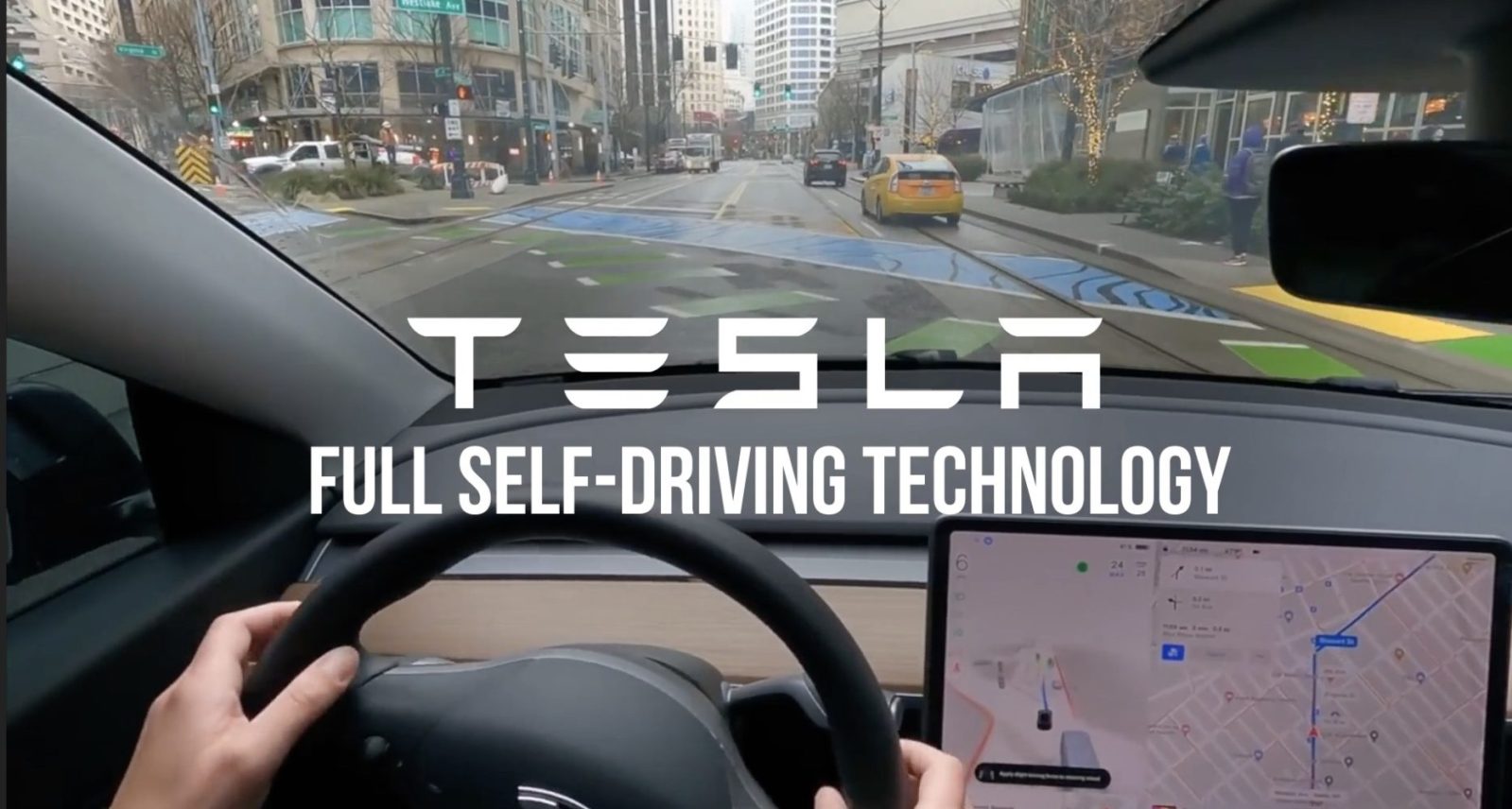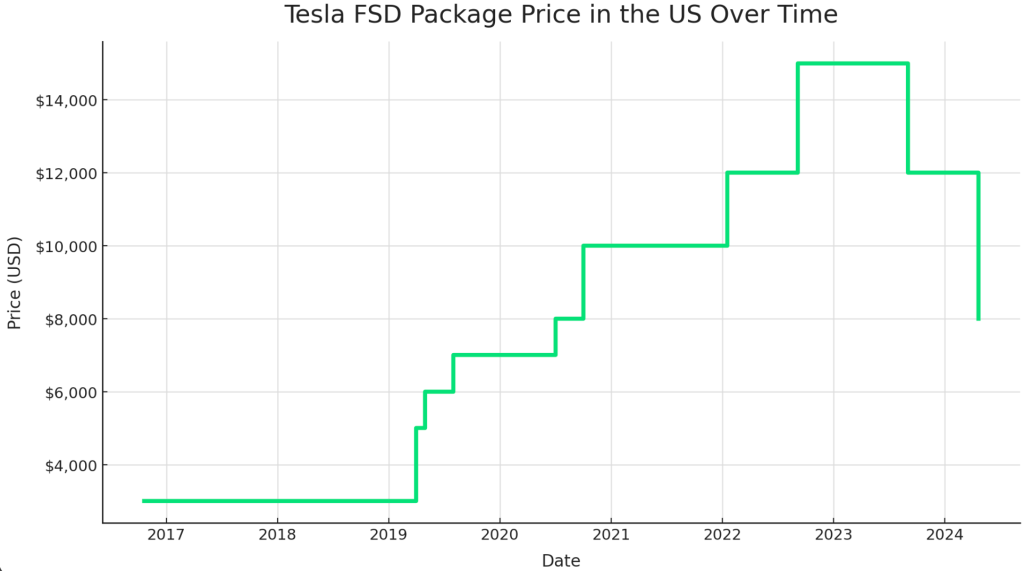
Tesla owners in China are taking legal action against the company for failing to deliver the promised full self-driving capabilities on vehicles equipped with its older HW3 computer hardware (produced from 2019 to 2023).
Tesla has long claimed that all vehicles built since 2016 come with hardware capable of achieving “full self-driving” (FSD). The company sells an FSD software package, promising unsupervised Level 4-5 autonomy. However, this capability has not materialized.
For vehicles with the HW3 computer—used in models up to 2024—Tesla has now admitted that the hardware cannot support unsupervised autonomous driving as originally promised.
CEO Elon Musk stated that Tesla would provide retrofits to address this, but owners remain skeptical given the massive scale and technical challenges involved. Musk first acknowledged the hardware limitations in January, yet Tesla has not announced any concrete plans to resolve the issue since then.
This situation has already sparked a class-action lawsuit in the US. Now, Tesla owners in China are following suit, pushing the company to fulfill its commitments.
Tesla launched its FSD software in China earlier this year, but the rollout faced significant hurdles. Shortly after the debut, the company paused deployment due to new regulations from China’s Ministry of Industry and Information Technology (MIIT).
Authorities required Tesla to rename the package, deeming the “Full Self-Driving” label misleading. Additionally, some owners using FSD incurred thousands of dollars in fines from errors made by the system.
In the end, only vehicles with the newer HW4 computer (introduced in 2024) received the full FSD software. Owners of earlier models who paid for FSD were limited to basic features, leaving them frustrated and demanding recourse.
According to Chinese blog My Drive (translated from Chinese):
One plaintiff shared with the media that in August 2019, he paid 56,000 yuan for Tesla’s FSD feature on a vehicle with HW3.0 hardware. He bought it as a Tesla enthusiast, trusting Musk’s assurance of full autonomy within two to three years. He was also swayed by a salesperson’s tip about an upcoming price hike.
The “insider information” likely alluded to Musk’s repeated claims that FSD pricing would rise as the technology improved. In reality, the price peaked at $15,000 in 2023 before dropping to $8,000.

Tesla is estimated to have over 1 million HW3-equipped vehicles on Chinese roads. Now, seven affected owners who purchased the FSD package have filed a lawsuit in Beijing’s Daxing District People’s Court against Tesla Motors Sales and Service (Beijing) Co., Ltd., citing breaches of sales contracts.
The plaintiffs argue that Tesla failed to deliver on its promises and are seeking full refunds plus triple damages—potentially up to 256,000 yuan ($36,000 USD) per person, depending on the purchase price and date.











